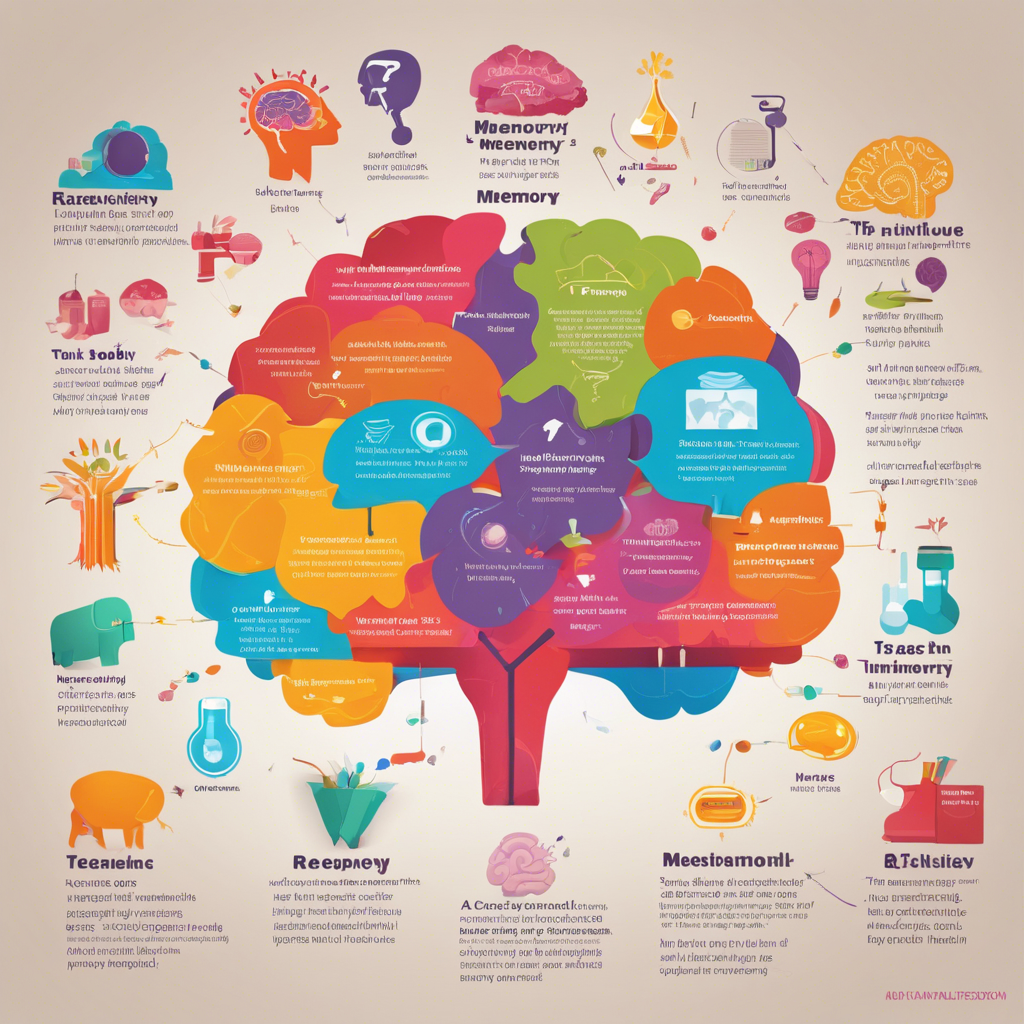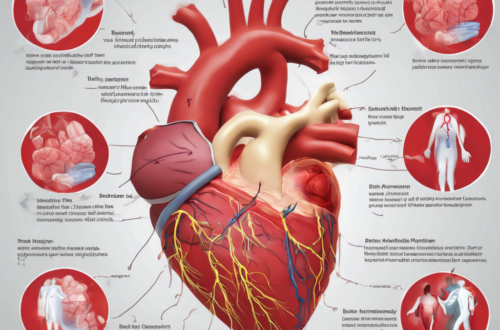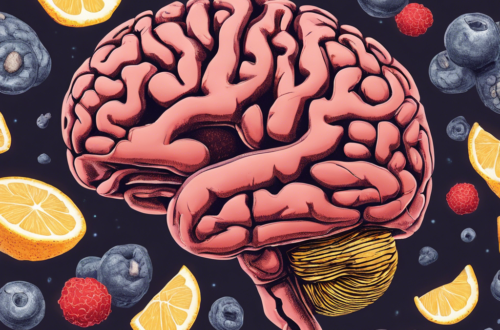Introduction
Understanding Memory and Its Importance
When it comes to memory, it plays a crucial role in our daily lives. Memory helps us learn, grow, and navigate through various experiences. It is vital for retaining information, recalling past events, and shaping our identities. Understanding how memory works can improve cognitive functions and enhance overall well-being.Common Memory Issues
Memory-related problems can affect individuals of all ages. From simple forgetfulness to more serious conditions like dementia, these issues can impact daily life. By recognizing common memory issues early on, individuals can seek appropriate interventions and support to maintain cognitive health. Remember, seeking help is a sign of strength.
Lifestyle Changes
Importance of Sleep
Adequate sleep is crucial for memory consolidation and cognitive functions. During deep sleep stages, the brain processes information, transferring it from short-term to long-term memory. Establishing a bedtime routine, creating a cozy sleep environment, and avoiding stimulants before sleep can improve sleep quality, benefiting memory retention and overall well-being.Healthy Diet for Memory
Eating a nutrient-rich diet is essential for optimal brain function and memory. Foods rich in antioxidants, Omega-3 fatty acids, and vitamins can boost cognitive performance. Incorporate berries, fatty fish, nuts, seeds, and leafy greens into your diet for brain health. Remember, a healthy diet is key to a healthy memory.
Mental Exercises
Brain Games and Puzzles
Engaging in brain games and puzzles, such as crosswords or Sudoku, can help sharpen cognitive abilities and memory. These activities challenge the brain, promoting neural connections and improving mental agility. Dedicate a few minutes each day to these fun challenges to keep your mind active and alert.Learning a New Skill
Learning a new skill, whether it’s a language, musical instrument, or craft, can stimulate brain growth and enhance memory retention. Acquiring new knowledge encourages the brain to form new connections and pathways, boosting cognitive function and overall brain health. Embrace lifelong learning to keep your mind sharp and vibrant.
Physical Exercise
Impact of Physical Activity on Memory
Engaging in regular physical exercise has been shown to have a positive impact on memory. Exercise promotes the growth of new brain cells and enhances overall cognitive function, including memory retention. By increasing blood flow to the brain, physical activity helps nourish brain cells, leading to improved memory and cognitive abilities. Incorporating exercises like aerobic activities, strength training, and yoga into your routine can significantly benefit your memory and mental well-being.Best Exercises for Brain Health
Some of the best exercises for brain health include aerobic exercises like walking, running, or cycling, which boost oxygen flow to the brain. Additionally, activities that require coordination, balance, and mental focus, such as dancing or playing sports, can help enhance brain function. Strength training exercises like weightlifting or resistance training also play a crucial role in supporting brain health by promoting the release of brain-derived neurotrophic factor (BDNF), which aids in cognitive function and memory retention. Making physical exercise a regular part of your routine can effectively boost your brain health and memory.
Stress Management
Effects of Stress on Memory
When it comes to memory, stress can be a major hindrance. High levels of stress have been linked to memory impairment, making it difficult to recall information and focus. Chronic stress can even lead to long-term cognitive issues, affecting overall brain health and memory retention negatively.Stress-Relief Techniques
Luckily, there are various stress-relief techniques that can help mitigate its impact on memory. Practices like mindfulness meditation, deep breathing exercises, physical activity, and spending time in nature can all work wonders in reducing stress levels and improving memory function. It’s essential to find what works best for you and incorporate these techniques into your daily routine for optimal brain health and memory performance.
Facebook
Twitter
LinkedIn





